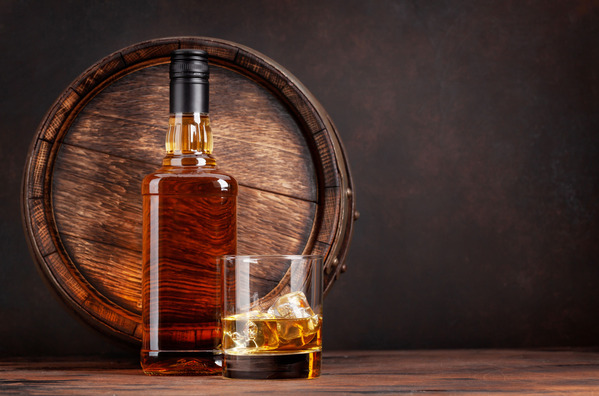My newsletter investment recommendations focus on dividend or interest-paying securities. I prefer alternative asset categories for investments that don’t generate cash income. I recently started investing in casks of whiskey to earn returns from the natural value gains as whiskey ages.
Let me show you why this is such an interesting way to invest…

When I find alternate investment ideas or programs that I like, it is my policy to have the people offering those investments do presentations for my newsletter subscribers. The presentations typically are shared with my Dividend Hunter Insiders subscribers.
Whiskey investing has become a very hot topic. Single bottles of hard-to-get or find whiskeys such as Pappy Van Winkle or high age statement (25 to 50 years) scotches can fetch thousands of dollars. These whiskies will remain rare and continue to appreciate in value—in fact, they actually get rarer as bottles get consumed.
You can also invest in whiskey barrels or casks, which remain stored with the distiller. You can sell them to the company that bottles the whiskey to sell into the markets when the time is right.
I started investing in fine wine a few years ago through the Oeno Future division of Oeno Group. Oeno is London-based and offers a full range of fine wine collecting and retailing services. I have had the Oeno founder and CEO, Michael Doerr, explain wine investments to my subscribers.
Earlier this year, I was delighted when Oeno expanded into whiskey investing. So far, I have invested in and now own three whiskey barrels full of whiskey:
- Rye whiskey distilled at a U.S. distillery
- Irish whiskey, aging in a bourbon cask
- Irish whiskey, aging in an Oloroso sherry cask
I have invested in newly distilled whiskeys to benefit from the value gains as the whiskey ages. Holding periods will likely be four to ten years—unless I receive an offer I can’t refuse for one or more of my barrels.
Each barrel can fill up to 300 plus bottles of whiskey. Variables include how much whiskey evaporates through the barrel’s wood and to what proof the whiskey is cut. Whiskey must be at least 40% alcohol/80 proof; barrel-strength whiskey is around 60% alcohol/120 proof.
Because whiskey investing has become so hot, there are plenty of less-than-scrupulous players who have entered the market. Before jumping into the whiskey world, the first step is to research who you buy from and ensure the company will be there when you are ready to sell your bottles or barrels.I love to put alternate investment ideas in front of my subscribers. I only recommend investments in which I am willing to invest myself. This service is one of the perks of being a Dividend Hunter Insider.





